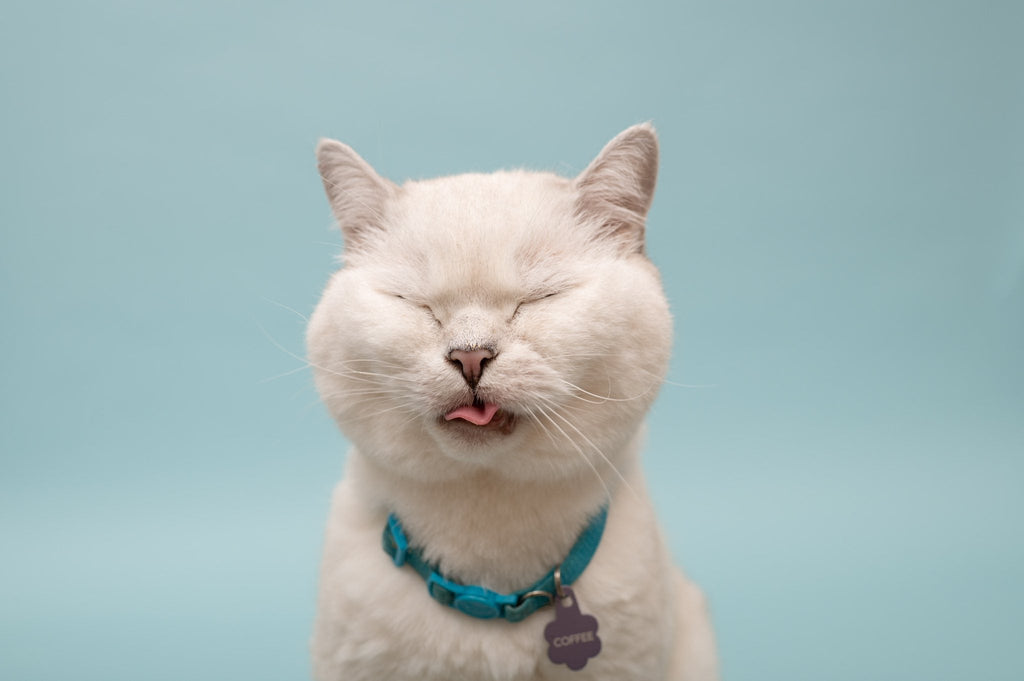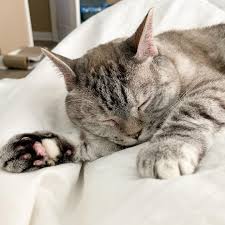As pet owners, we all want our cats to live long, happy, and healthy lives. With proper care, cats can live to be 15-20 years old. A healthy diet, routine medical care, and an active lifestyle can help your cat live their best life with you. Here are some tips to help increase your cat's life expectancy and spend many happy years together.
Nutritious Food
Choose high-quality cat food: Look for well-balanced, nutritionally complete cat food that is specifically formulated for your cat's life stage. Kittens, adult cats, and senior cats have different nutritional requirements. Choose high-quality brands that list meat as the first ingredient and avoid foods with fillers like corn, soy, and artificial preservatives.
Portion Control: Obesity is a common problem among cats, especially as they age, and being overweight can shorten their lifespan. Overfeeding can lead to diabetes, arthritis, and heart disease. Make sure you are not overfeeding your cat, particularly dry food.
Stay Hydrated: Cats typically don’t drink a lot of water, so it’s important to offer them food with extra moisture. Wet food contains more moisture than kibble, which can help your cat stay hydrated.
A Healthy Weight
Cats who are overweight or obese are prone to developing medical issues that can negatively impact their lifespan including diabetes, arthritis, and heart disease.
Weigh your cat routinely and discuss with your vet what their ideal weight is so you can monitor them and ensure they are maintaining a healthy weight.
Routine Veterinary Exams
Regular veterinary care is essential to detect and treat any health issues early on and ensure your cat stays in optimal health. Many medical issues can be managed much more effectively if they are diagnosed early. Routine vet visits help track a baseline of your cat’s health, weight, bloodwork and vitals that can be used for comparison if and when your cat is unwell.
Routine vet exams are also necessary for preventative care. Staying current on vaccines and parasite prevention helps to prevent infection and illness. Ensuring that your cat is spayed or neutered is also important. And while you’re there, make sure to get your cat microchipped if they are not already!
Cats should also get regular dental cleanings to help prevent gingivitis, infections, and the need for tooth extractions.
Physical Exercise and Mental Stimulation
Cats need both physical and mental exercise to stay healthy. Regular exercise helps maintain muscle mass, control weight, and support joint health while mental stimulation prevents boredom and behavioral issues.
Actively play with your cat. Really engage with them during playtime and tire them out. Ideally right before a meal, pull out the toys and get your cat to really exercise and practice “hunting” for their meal for 10-20 minutes. This encourages them to use their natural instincts to catch their food. Try using interactive toys that mimic prey, like feather wands, to encourage your cat to run, chase, and pounce.
Climbing, scratching, playing, and jumping helps cats to satisfy their curiosity and stay mentally engaged. These are natural cat behaviors that cats need in order to thrive, just like their wildcat relatives. Scratching in particular is very important for a cat’s mental health. Scratching is essential for maintaining healthy claws, relieving stress, and marking.
Make sure your cat has something to do, especially when you’re asleep or out of the house. Healthy, happy cats need plenty of stimulation whether it’s cat TV, a big window to look out of, an exercise wheel, or a multi-level cat tree.
In order to stay mentally stimulated and physically active, cats need plenty of play and enrichment. Having fun places to explore and roam can help prevent boredom and destructive behaviors and keep your cat active and engaged.
A Stress-Free Environment
Cats thrive in stable environments where they have a predictable routine. Try to keep their feeding, play, and sleep schedules as consistent as possible. Make sure your cat has access to a quiet, comfortable space where they can retreat when they need to relax. Cozy nooks and cubbies are great for cats when they need some time to themselves. Having a calm home where your cat feels secure can keep their stress low and help keep them healthy.
Companionship
Love, attention, and companionship can have a huge positive impact on your cat’s health and well-being. Cats form strong bonds with their owners and a loving home and family can contribute to their emotional health, which supports their physical health.
Spending quality time with your cat and giving them plenty of attentionship and affection will keep them feeling safe and loved.
A combination of a nutritious diet, regular exercise and vet care, a stimulating yet stress-free environment, a predictable routine, and lots of love can help your cat live a healthy life for years to come. By being proactive and understanding their wants and needs, you can give your cat the best chance at a long and happy life with you.
Love, Nala




















